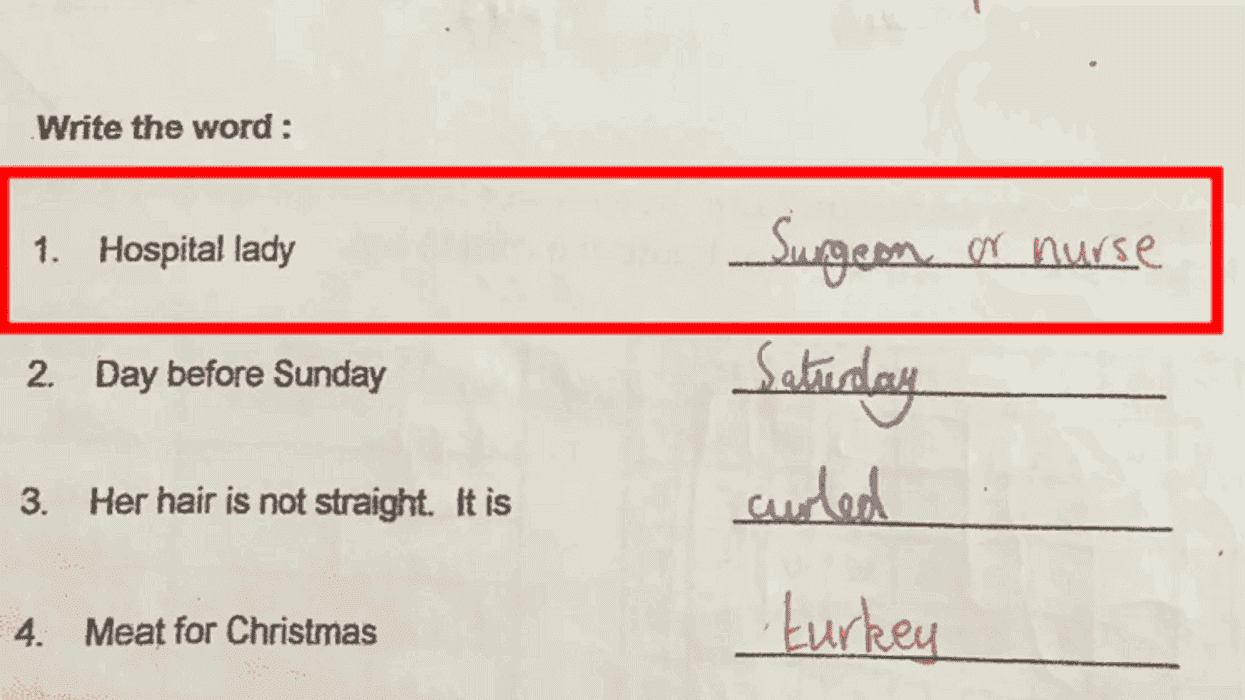Sometimes it takes motivation to… well, get motivated. Many people struggle to get up every morning to hit the gym. Others have a big job interview coming up or a chat with their boss regarding a promotion that’s making them nervous. There are also folks that just want the energy to clean their apartment. Maybe you’re one of these people and the only energy you have is to put on a movie.
But what if that movie helps you get out of the blahs? Many film fans have their favorite movie that helps them get motivated, whether it’s a high-action movie that gets adrenaline pumping or a quieter yet inspirational tale that reassures you that good things are possible, even in the face of adversity and when the odds are against you. The right movie could help you get into the mindset to fight, to work, and push for success.
Here are a few favorites to add to your watch list when you’re feeling deflated.
Rocky
- YouTubeyoutu.be
This film is on several people’s pump-up list just for the soundtrack alone. The tale of Rocky Balboa is a story of sports, struggle, love, and the working class. While many cite the other films in the Rocky franchise, this is the one that started it all. To quote famed film critic Roger Ebert, “It’s about heroism and realizing your potential, about taking your best shot and sticking by your girl. It sounds not only clichéd but corny — and yet it’s not, not a bit, because it really does work on those levels.”
Rocky didn't focus on a person winning but just feeling and being worthy. To be validated and seen by their peers as a person worthy of time, love, and opportunity. How much more relatable can a character be?
Mad Max: Fury Road
- YouTubeyoutu.be
Let’s say you’re not in the mood for much talk and just want your brain shown images of bravery, badassery, and stuff blowing up to get endorphins flowing. Then Mad Max: Fury Road is there for you. Brilliant practical effects and adrenaline-bursting stunts thoroughly mixed with disgustingly beautiful creativity in a post-apocalyptic world. Make sure you’re not going into traffic after watching this movie or you’ll get a speeding ticket. Critic Jason Bailey of Flavorwire called the movie a “120-minute chase” which frankly is enough of a selling point.
Won’t You Be My Neighbor?
- YouTubeyoutu.be
Now, one might question how a documentary about a children’s TV show host is on a list of motivating, hype-up movies, but this one still checks those boxes but differently. Won’t You Be My Neighbor? shows a real-life example of a mild-mannered person who made a difference in many lives. Not for fame or for fortune, but just wanted to bring a semblance of good into the world. Mr. Rogers isn’t extraordinary of a person because of what he was but because of the impact of the small contributions he made. While the film is a “security blanket for our troubled times” as Entertainment Weekly put it, it can also stir up a person to stand up and be a “helper” like Fred Rogers was for their friends, family, and the community around them.
Mulan (1998)
- YouTubeyoutu.be
You may want to have a film that can motivate you but also is safe to watch with little kids around. If so, Mulan might be for you. Based on Chinese legend, Mulan is an inspirational story of a girl disguising herself as a male soldier in order to protect her older father from going to war. It’s not just a “girl power” tale but one that sees the title character grow as a person through strategy, hard work, and underestimated talent. There’s literally a song that starts with the lyrics “Let’s get down to business” and you’ll find yourself humming along with it as you do a push-up, wash your dishes, or do whatever needed task is in front of you. As a critic from Newsday stated, “Mulan is one of Disney's most daring animated features and, at the same time, it's the most child-friendly since The Lion King.”
RRR
- YouTubeyoutu.be
If you want a rush of adrenaline through a story of friendship mixed with highly cartoonish action and brilliantly frantic dance numbers, then RRR is for you. The three “R’s” stand for “Rise, Roar, Revolt” so with that alone it can burn a certain fire within a viewer. It’s a lengthy three-hour movie but doesn’t feel long as it is packed with a visual feast of fight scenes, dancing, and over-the-top melodrama that just doesn’t stop. If you’re looking for a bromance that “contains more exciting action scenes than all the Marvel movies put together” as NPR puts it, then enjoy the show.





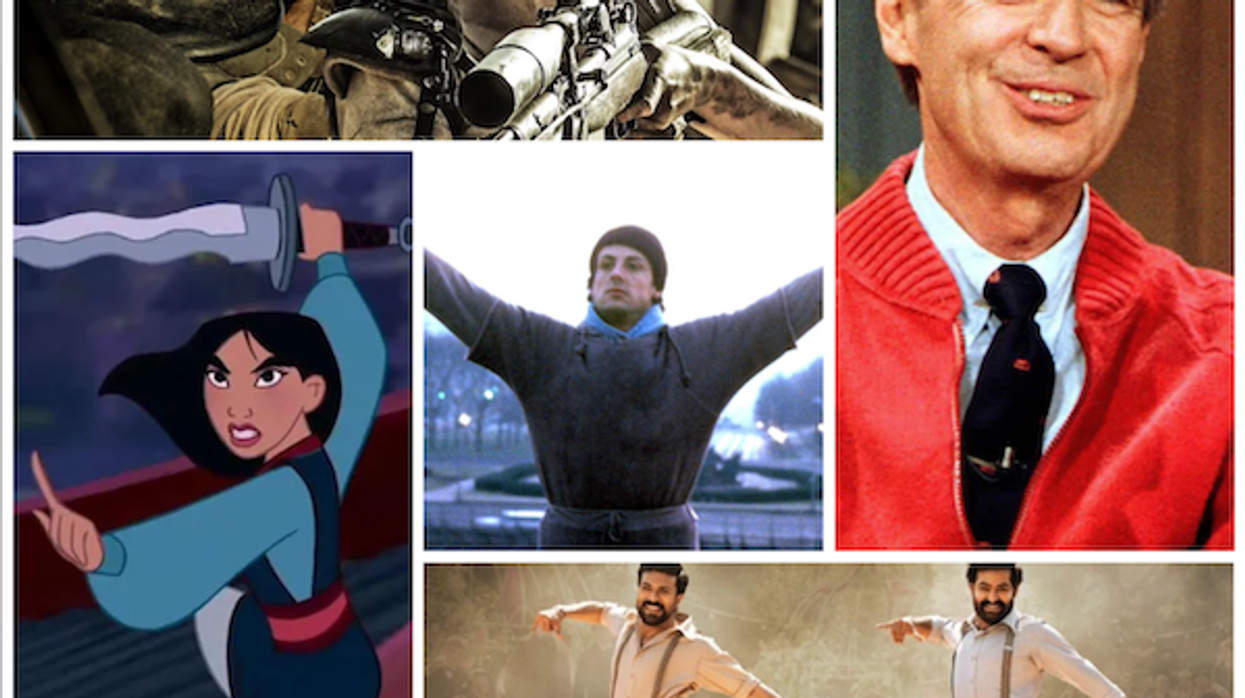

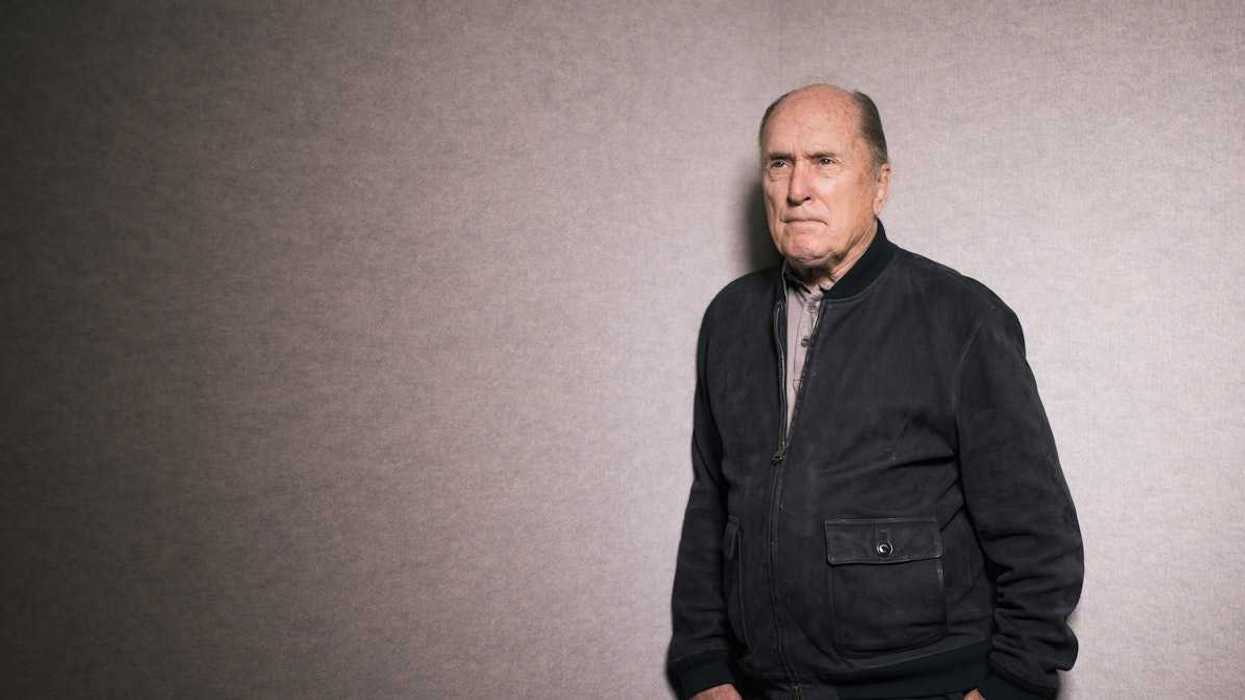










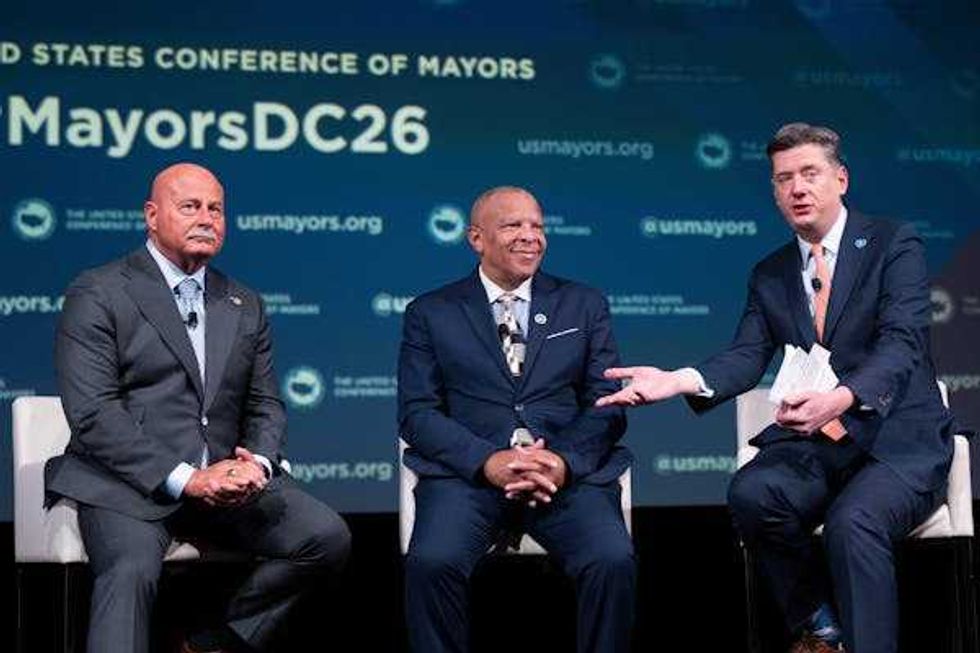 When mayors come together, they often find they face common problems in their cities. Gathered here, from left, are Jerry Dyer of Fresno, Calif., John Ewing Jr. of Omaha, Neb., and David Holt of Oklahoma City.
When mayors come together, they often find they face common problems in their cities. Gathered here, from left, are Jerry Dyer of Fresno, Calif., John Ewing Jr. of Omaha, Neb., and David Holt of Oklahoma City.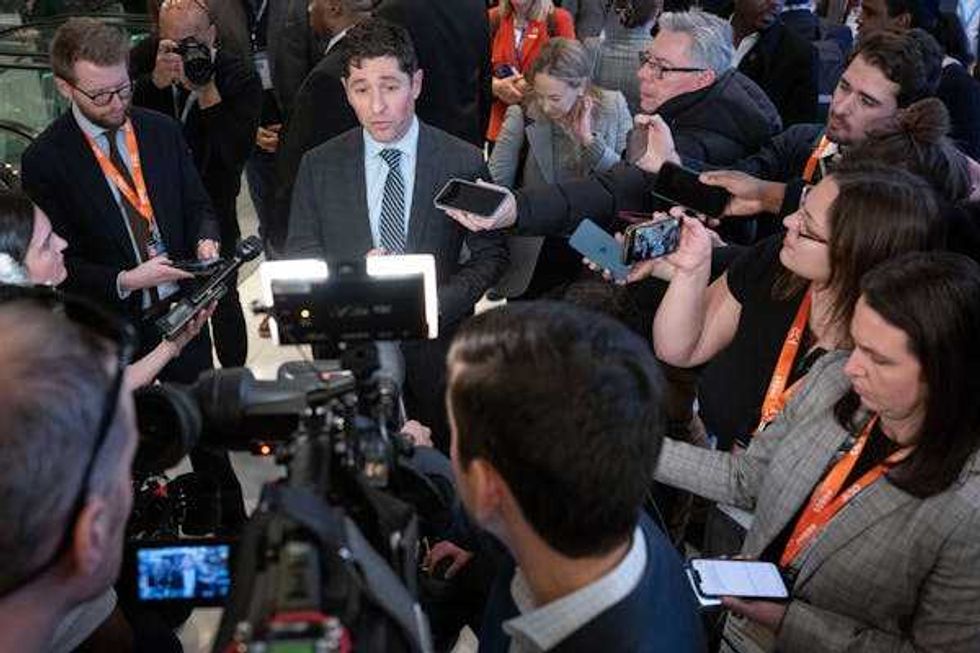 Mayors can find themselves caught up in national debates, as did Minneapolis Mayor Jacob Frey over the Trump administration’s immigration enforcement policies in his city.
Mayors can find themselves caught up in national debates, as did Minneapolis Mayor Jacob Frey over the Trump administration’s immigration enforcement policies in his city.

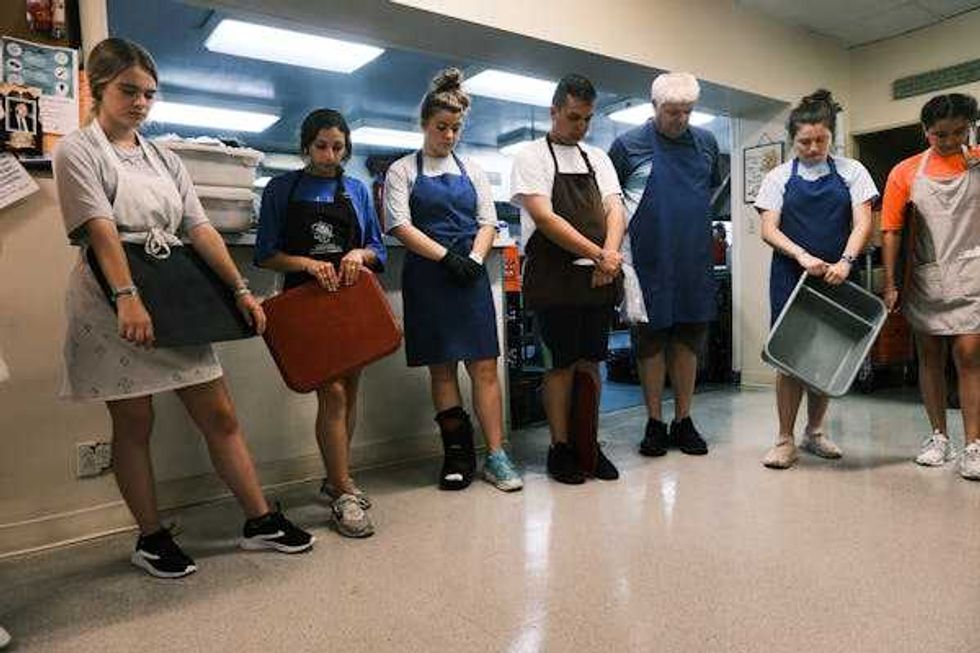 Volunteers at the St. Francis Inn pray together before serving a meal on July 19, 2021.
Volunteers at the St. Francis Inn pray together before serving a meal on July 19, 2021.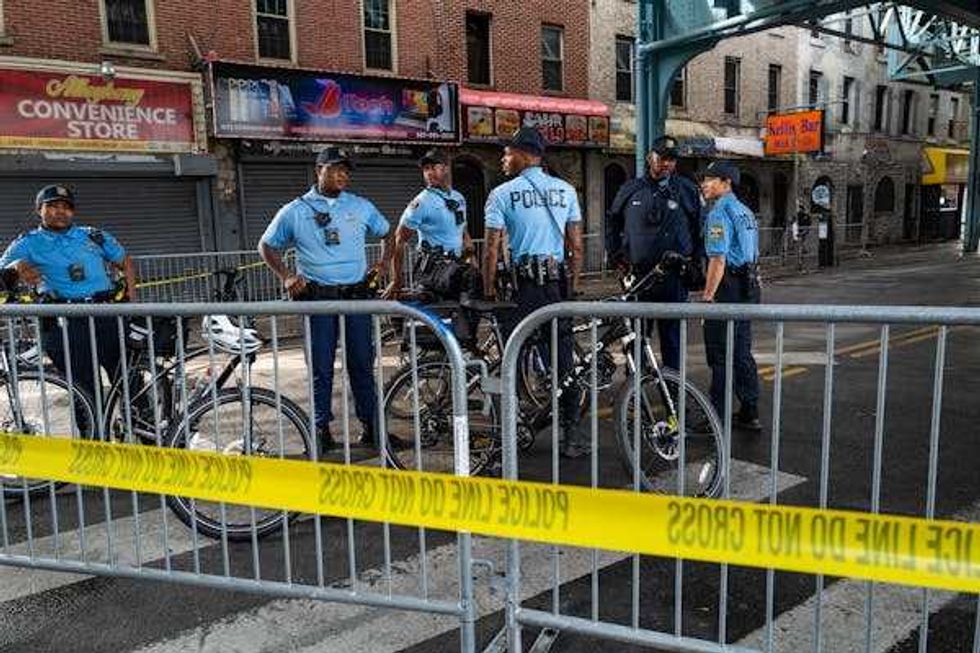 Police close down a section of Kensington Avenue to clear a homeless encampment on May 8, 2024.
Police close down a section of Kensington Avenue to clear a homeless encampment on May 8, 2024.
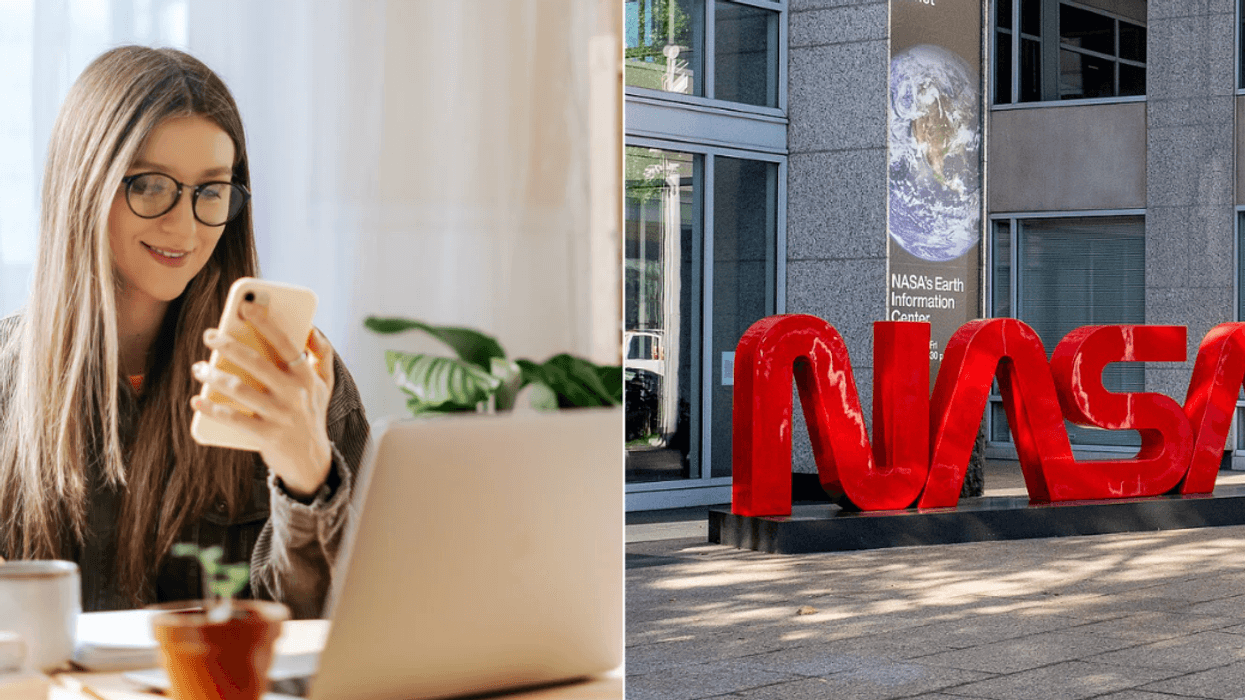
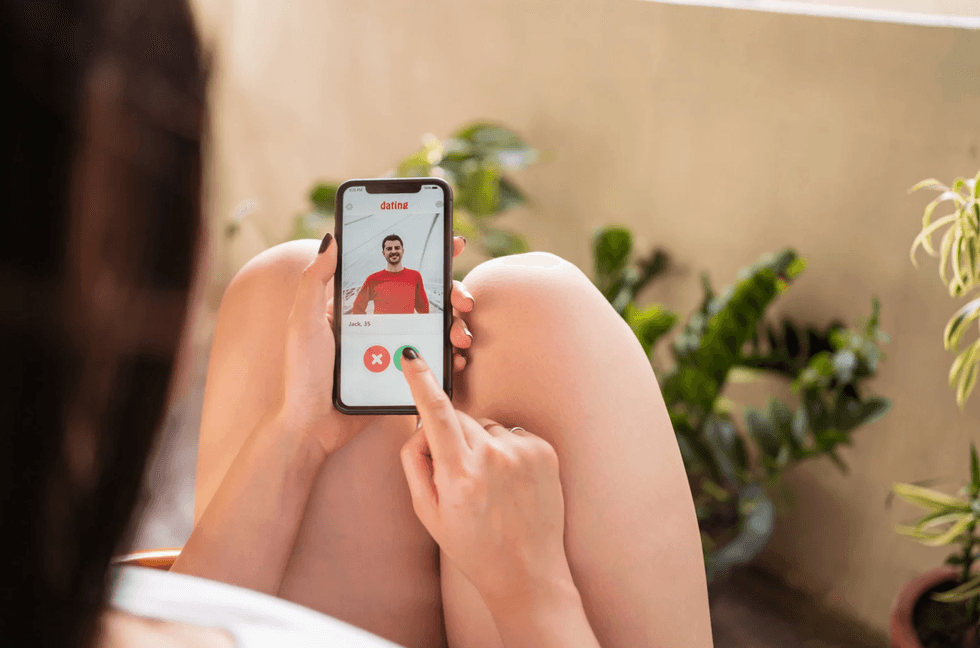 A woman scrolls through a dating appCanva
A woman scrolls through a dating appCanva
 Openly choosing the one you like best can help break down stigmas.
Openly choosing the one you like best can help break down stigmas.
 A young woman scrolling on her phoneCanva
A young woman scrolling on her phoneCanva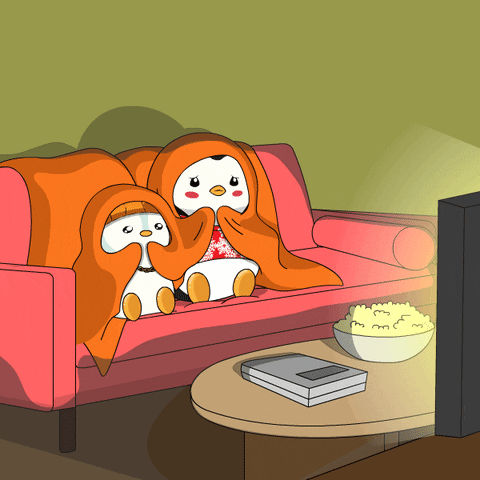 Gig of two cartoon penguins watching TV via
Gig of two cartoon penguins watching TV via 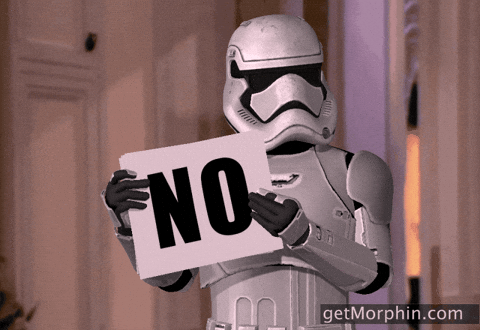 Gif of a storm trooper flipping through sings that say 'no' via
Gif of a storm trooper flipping through sings that say 'no' via 